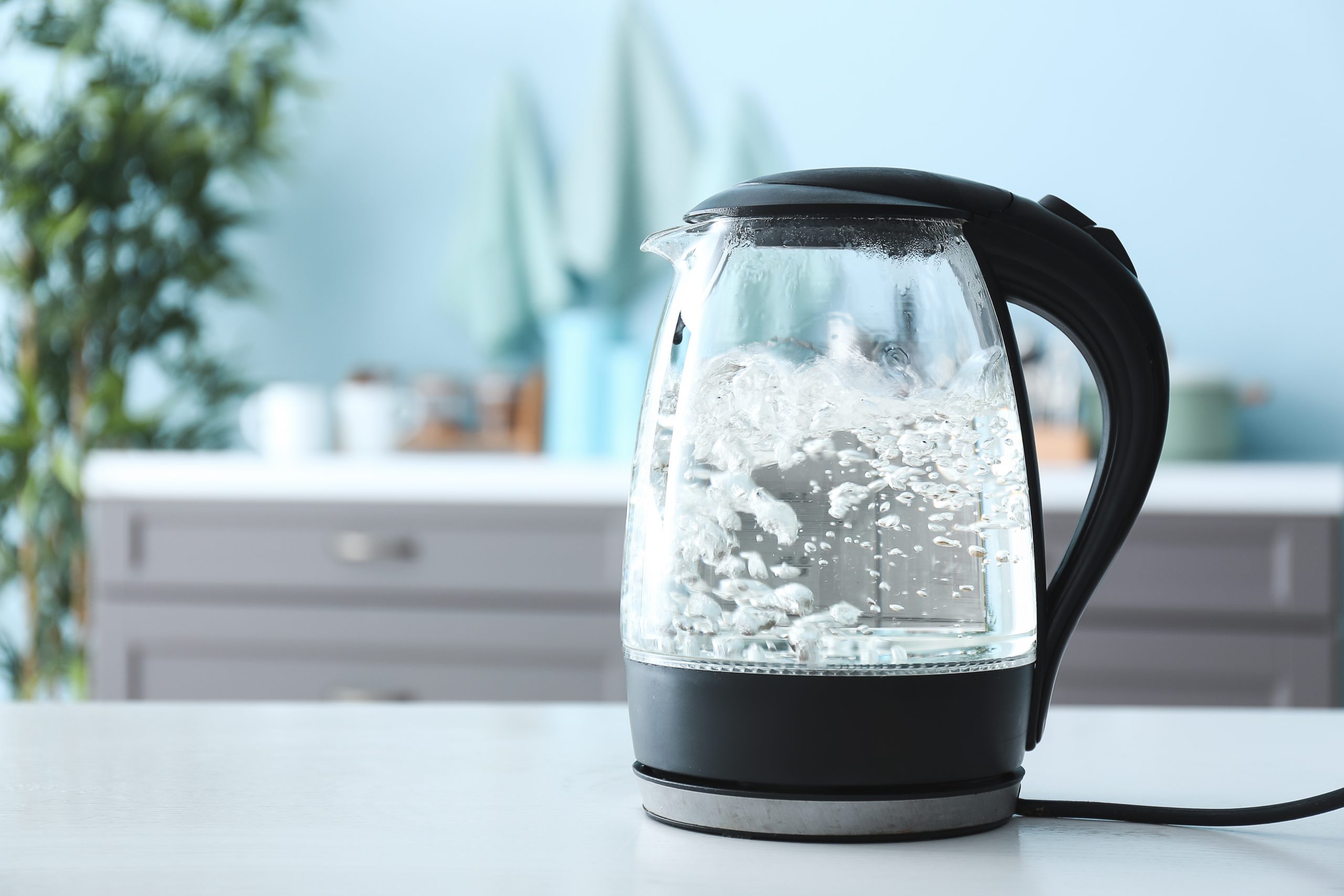That leftover water sitting in your kettle might be concentrating minerals and chemicals every time you re-boil it, but the real question isn’t whether it’s happening—it’s whether you should actually care.
Story Overview
- Re-boiling water in kettles is generally safe according to health experts and manufacturers
- Mineral concentration slightly increases with repeated boiling but remains negligible for most users
- Hard water areas experience more limescale buildup affecting taste and appliance longevity
- Regular kettle cleaning proves more important than emptying water after each use
The Science Behind Re-Boiling Water
When water boils repeatedly, dissolved minerals like calcium and magnesium become more concentrated as pure water vapor escapes. This process also affects trace contaminants including nitrates, fluoride, and arsenic—but here’s the catch. The concentration increases are so minimal in most municipal water supplies that they remain well within safe drinking limits established by health authorities.
Chemical changes occur during repeated boiling cycles, yet scientists consistently find no significant health risks for the general population. The exception lies in areas where water sources already contain elevated contaminant levels—in these cases, concentration effects become more pronounced and potentially concerning.
Hard Water Creates Real Problems
Households in hard water regions face legitimate concerns about repeated boiling. Limescale buildup accelerates when mineral-rich water undergoes multiple heating cycles, creating crusty deposits that affect both taste and kettle performance. These white, chalky accumulations aren’t dangerous, but they create an unpleasant metallic flavor and reduce heating efficiency.
Modern electric kettles, descendants of the revolutionary 1891 Carpenter Electric Company design, now incorporate features specifically targeting mineral buildup. Manufacturers recommend regular descaling with vinegar or specialized cleaners rather than obsessing over fresh water for each use. The kettle’s longevity depends more on maintenance than water replacement habits.
Expert Consensus Challenges Popular Myths
Appliance manufacturers and water quality experts unite in their assessment: re-boiling water poses no significant health threats under normal circumstances. This scientific consensus directly contradicts viral social media claims that periodically resurface, warning of dangerous chemical concentrations from repeated heating cycles.
Health authorities acknowledge that vulnerable populations—including infants and immunocompromised individuals—may show greater sensitivity to concentrated contaminants. However, these same groups face risks from initial water quality rather than re-boiling effects specifically. The solution involves addressing source water quality rather than changing kettle habits.
Practical Guidelines for Daily Use
The most sensible approach balances convenience with water quality. Empty your kettle when limescale becomes visible or taste deteriorates noticeably. In soft water areas, this might occur after weeks of use. Hard water regions may require more frequent cleaning and water replacement.
Regular maintenance trumps water replacement frequency. Clean kettles monthly using white vinegar or commercial descaling products. Filter water before boiling if your local supply contains high mineral content or concerning contaminants. These simple steps prove more effective than religiously emptying your kettle after each use while neglecting basic appliance care.
Sources:
How Electric Kettles Revolutionized Tea and Coffee Brewing
The Significance of Electric Kettles and Their Impact on Modern Living











